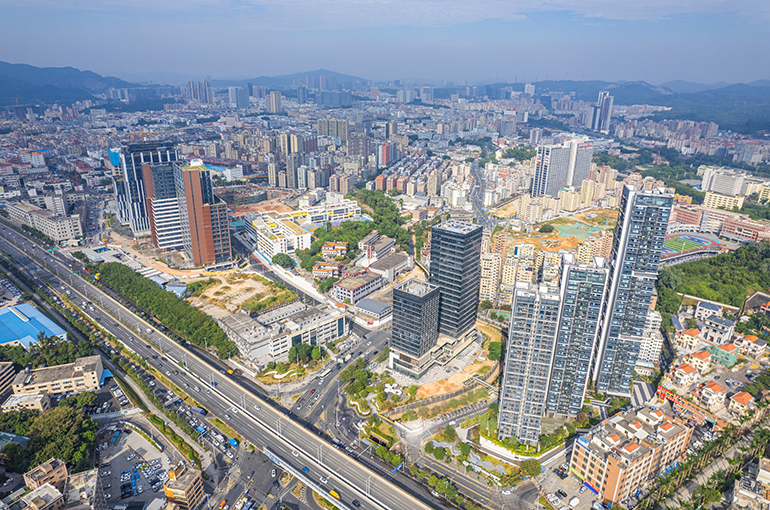 China Should Step Up Policy Support as Property Market Warms, Industry Insiders Say
China Should Step Up Policy Support as Property Market Warms, Industry Insiders Say(Yicai) April 9 -- China need to scale up its policy support to underpin the recovery in the country’s real estate market, as the property markets in some cities show signs of revival, according to professionals in the industry.
The Chinese government still needs to step up efforts to implement proposed policies to support the real estate market, the industry insiders told Yicai. For example, it should keep promoting the acquisition of idle land plots and homes, improve the whitelist program, which provides faster lending to developers on a list of approved projects, and offer more financial support to them.
Since the beginning of the year, local governments have rolled out more than 170 individual policies to bolster their property markets, according to data from the China Index Academy.
Last month, for example, Shenzhen started allowing eligible households to borrow as much as CNY2.3 million (USD314,340) from the city’s housing provident fund, while Zhengzhou has begun subsidizing home-buying by top-tier professionals who settle in the city by up to CNY3 million.
To alleviate the initial financial pressure faced by homebuyers, Suzhou has introduced special financial products to reduce down payments, interest rates, and monthly payments and has also extended the grace period.
Thanks to such policies, signs of improvement are emerging in local markets. Land auctions in hotspot cities are repeatedly setting new records, and the market continues to stabilize overall.
The total floor area of new-build homes in Shenzhen for which purchase contracts were signed and officially registered online soared over 80 percent year on year in the first two months of 2025, while the increases in Guangzhou, Hangzhou, Nanjing, and Ningbo exceeded 20 percent, according to the China Index Academy’s data.
Most new projects have sold quite well recently, the central China marketing head at a large developer told Yicai. “Opening sales at one of our projects in Chengdu surpassed 90 percent,” he noted.
The policy beneficiaries are mostly state-owned builders, an insider at a private developer told Yicai. "Considering that nearly half of the land auction winners before 2021 were private developers, the government should treat state-owned and private enterprises equally when buying back idle land,” the person said.
They also suggested that the authorities should differentiate between builders that are facing short-term liquidity issues and those with insolvency problems, as well as between those actively seeking self-rescue and those that do nothing, issuing more targeted policies to support them in terms of financing, taxation, and buying unused land.
Expanding demand is another key factor in promoting the market’s stabilization. First-tier cities can release more housing demand through urban-rural renewal projects and prioritize lifting restrictions on non-resident home buyers, according to Zhang Bo, director of think tank 58 Anjuke Research Institute.
Meanwhile, China’s second-, third-, and fourth-tier cities should focus on reducing their housing inventories by spurring local demand for improved housing through tax reductions and exemptions, while strictly controlling new land supply, Zhang said.
Editors: Tang Shihua, Futura Costaglione